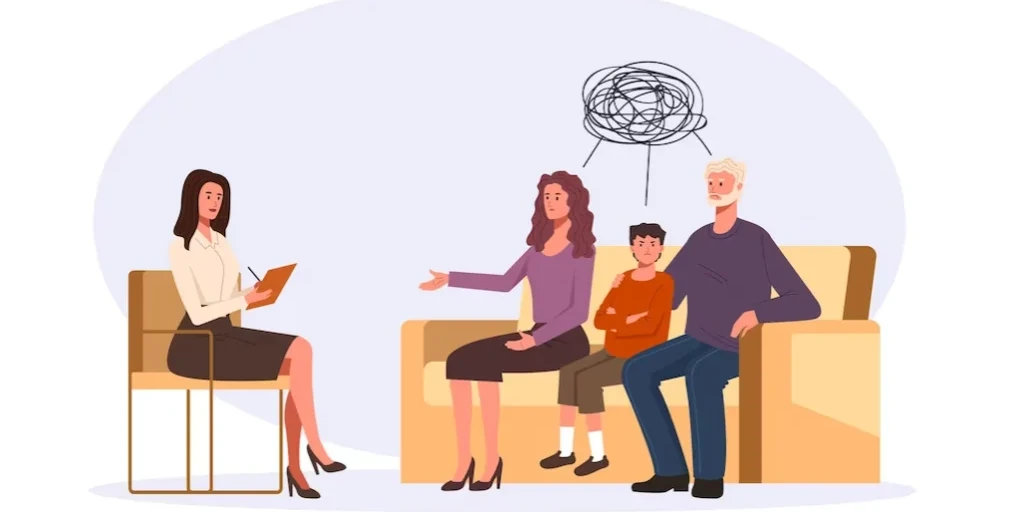24/7 Helpline:
(866) 899-221924/7 Helpline:
(866) 899-2219
Learn more about Opioid Rehab centers in Union County

Other Insurance Options

Private insurance

Magellan

BlueCross

Self-pay options

Amerigroup

Excellus

Choice Care Network

UMR

GEHA

CareSource

Molina Healthcare

Oxford

United Health Care

Magellan Health

Medical Mutual of Ohio

Lucent

Sliding scale payment assistance

Covered California
Beacon

Kaiser Permanente

Center for Human Development
Center for Human Development is a private rehab located in La Grande, Oregon. Center for Human Devel...

Jonathan M. Wainwright Memorial VA Medical Center – La Grande VA Community Based Outpatient Clinic
Jonathan M. Wainwright Memorial VA Medical Center - La Grande VA Community Based Outpatient Clinic p...
















































































Heart Steps Counseling Services
Heart Steps Counseling Services is a private rehab located in La Grande, Oregon. Heart Steps Counsel...

Grande Ronde Recovery
Grande Ronde Recovery is a private rehab located in La Grande, Oregon. Grande Ronde Recovery special...


















